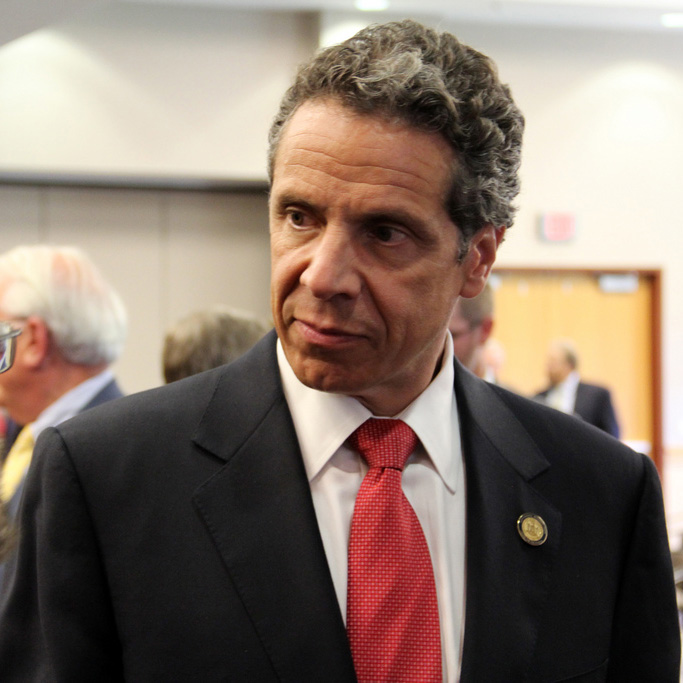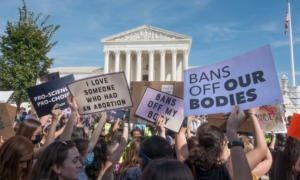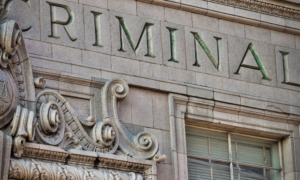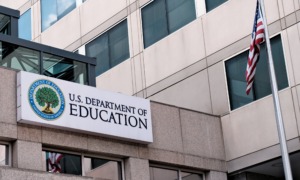And then there was one. New York State legislators voted Sunday night to raise the age of criminal responsibility to 18, capping a contentious budget fight and giving supporters of the measure victory after years of frustration. The vote leaves North Carolina as the only state which still prosecutes 16- and 17-year-olds as adults, although that may change later this month.
Juvenile Justice and mental health experts, backed by extensive research showing that trying minors as adults causes lasting damage to the teens and the community, have succeeded in raising the age to at least 17 in virtually every state. But New York had clung to laws charging offenders as young as 16 as adults for even minor offenses.
Gov. Andrew M. Cuomo has spent years pushing for the change, but it has continuously been thwarted by concerns about costs and by some lawmakers who felt the measure would lead to an increase in crime. The campaign was bolstered by several advocacy groups led by Jennifer March, executive director of Citizens’ Committee for Children-New York; Naomi Post, executive director of the Children’s Defense Fund-New York and Paige Pierce, CEO of Families Together.
“This was a very heavy lift, not necessarily because of the issue but because of the way the laws get passed in New York State, having to go through the governor’s budget,” said Marcy Mistrett of the Campaign for Youth Justice in Washington, D.C. “I think by having it go through this process the past couple of years, and a lot of hard work by different groups supporting this, it had momentum that hasn’t been there in the past.”
[Related: N.C. Raise the Age Supporters Hope for Change in Law]
Marc Schindler, executive director of the Justice Policy Institute (JPI), said New York was late adopting the age increase despite its reputation as being progressive on justice issues. Last month JPI released a nationwide study showing that states which have raised the age of criminal responsibility have seen reductions in crime and better outcomes for youth when they are charged as juveniles.
“I think in the past this issue has gotten wrapped up in the larger crime debate in New York State, and with concerns about cost,” Schindler said. “Nobody likes to be last in terms of adopting a policy that is viewed by so many as the best practice, especially when it’s backed by so much research. New York’s been an outlier, but now I think you are going to see a significant impact.”
The law, which will not take effect until October 2018, means that anyone under 18 charged with crimes will automatically be entered into the juvenile justice system. Prosecutors can still petition for hearings to remove offenders to the adult system for the most serious crimes.
Mistrett said that while research has helped push change around the country, efforts at reform have been aided by the general feeling that young offenders deserve a second chance.
“Data matters, there’s no question, but I don’t know if it’s the driving reason” for laws raising the age, Mistrett said. “I think it’s public safety, and the public understands that kids are different than adults and deserve the services they need to get their lives back on track.”
New York’s legislation means that only North Carolina still automatically charges 16-year-olds as adults. State lawmakers there are debating legislation that will increase the age, and newspaper editorial boards across North Carolina are supporting the change.
An initial vote on the matter could come as early as next week.
More related articles:
Texas, Missouri Debate Next Step on Raise the Age
Activists Hopeful ‘Torture’ of NY Teens Ends With Passage of Raise the Age Legislation This Year
New Data Powers Progress for Teens, Also Creates Problems, Experts Say at Conference
































